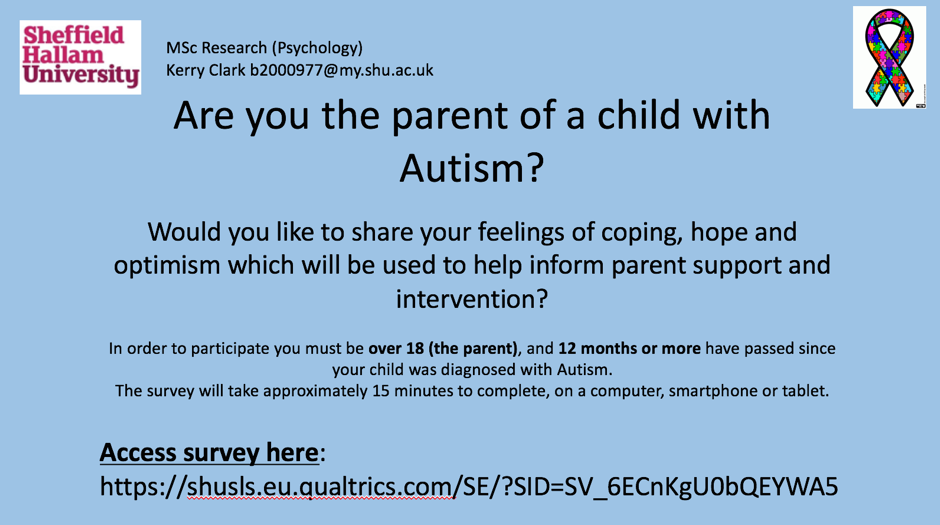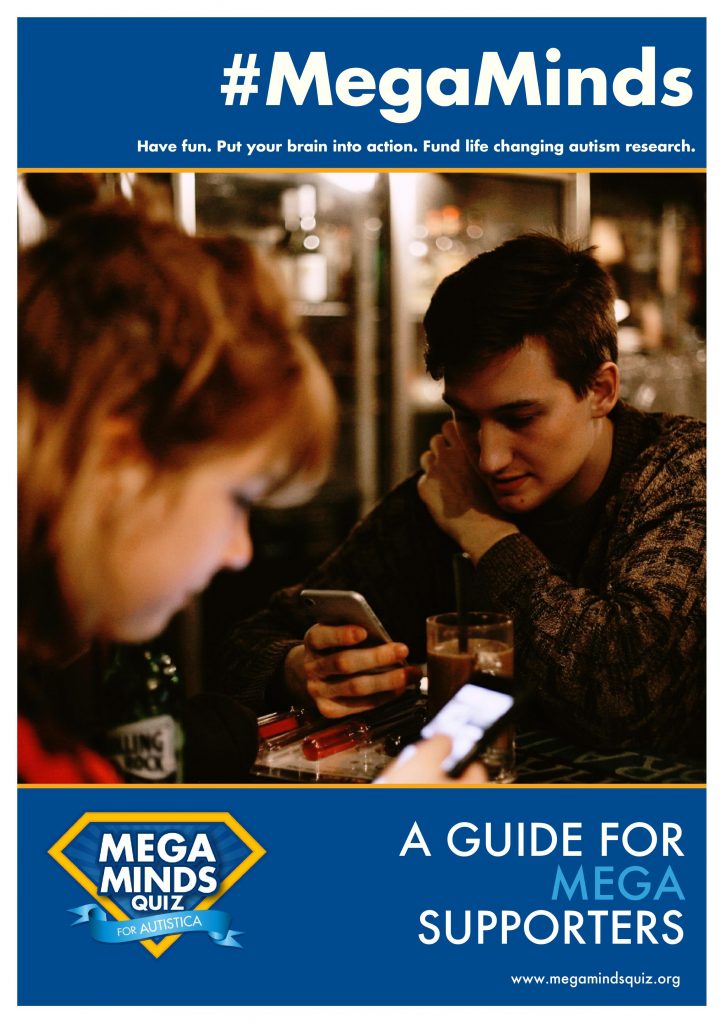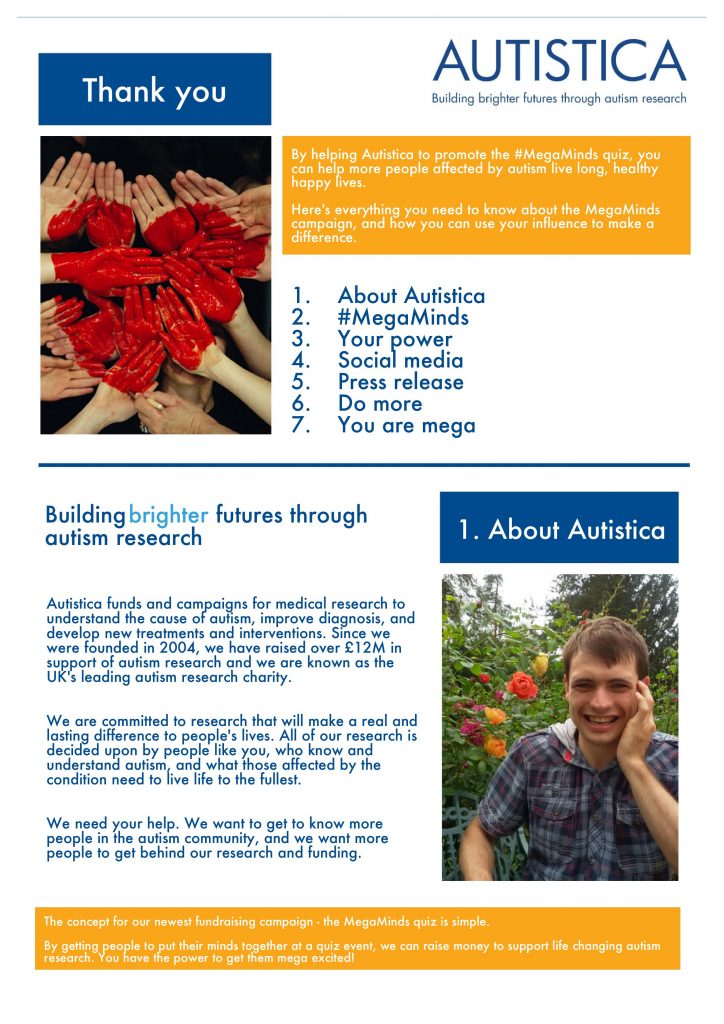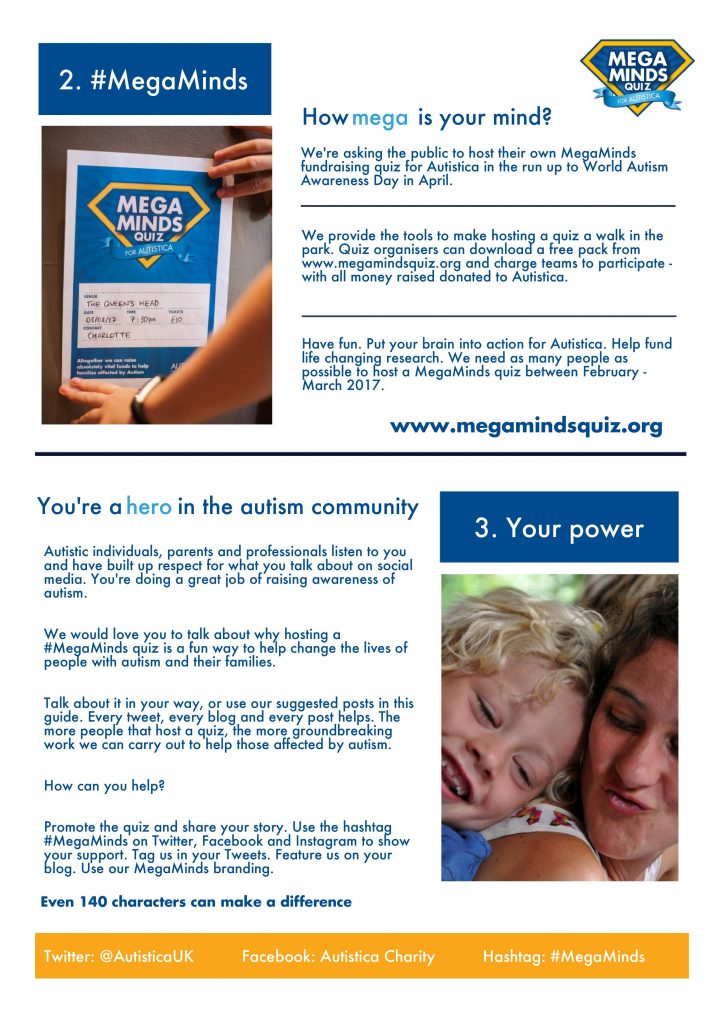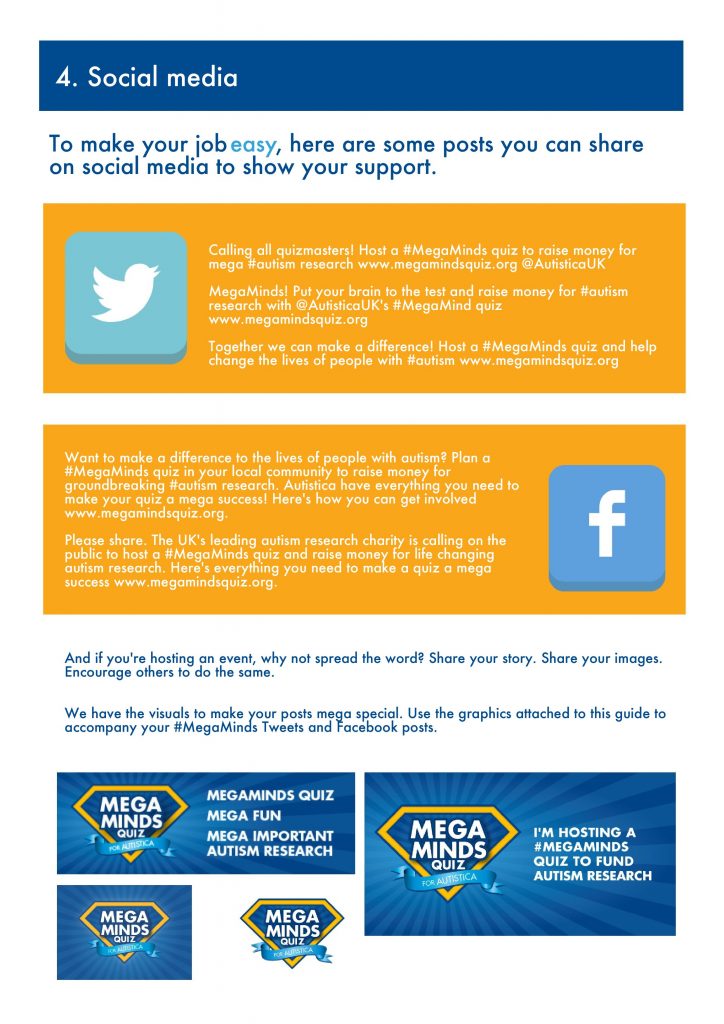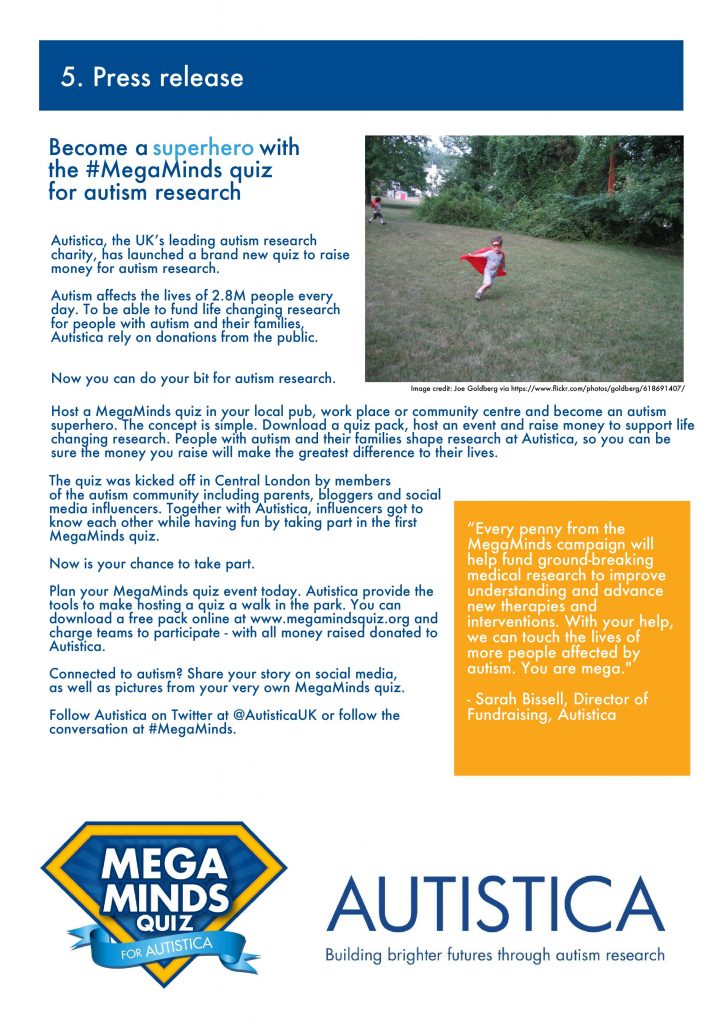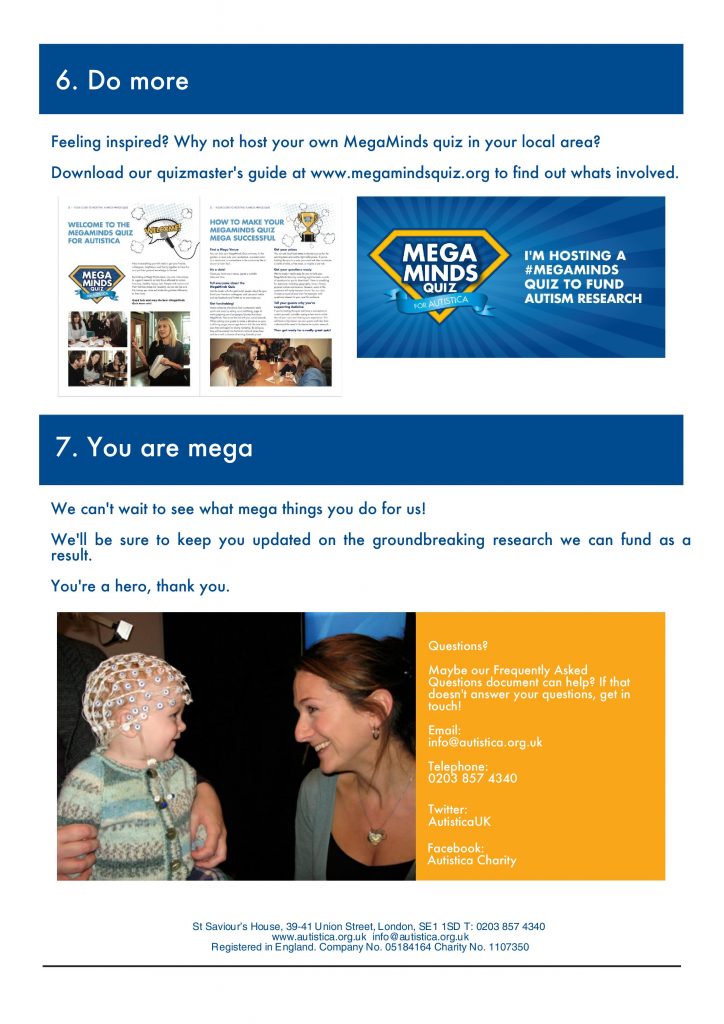My name is Angelina Lombardi and I am a senior psychology major at Dominican University of California. I am working on a research project with Dr. Maggie Benedict-Montgomery in the Psychology department that is interested in the different therapies used bu autistic people . If you are interested in participating in this study, attached is a link to my survey. The entire procedure will last about 15-20 minutes.
https://www.surveymonkey.com/r/examining_interventions
Please note that participation in this research is completely voluntary and anonymous. Feel free to share the link, as well, with anyone you think would be interested.
My research has been accepted to be presented at the 31st annual National Conference on Undergraduate Research (NCUR) in Memphis, Tennessee and the 97th Western Psychological Association Convention (WPA) in Sacramento, California. Per request, results will be sent out in May upon completion of the study.

